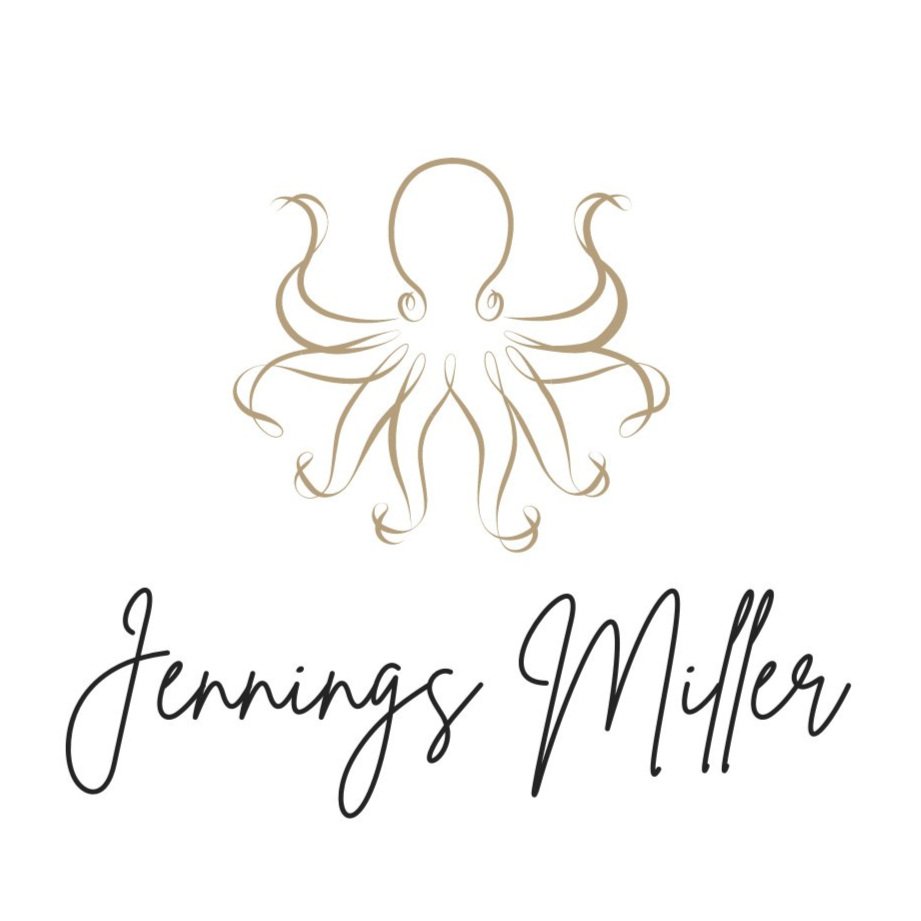The Spelling List
In my world, the spelling list and the reading list go hand in hand. I know that ‘s not at all what happens in the rest of the world.
Here’s what happens in most classrooms, let’s call them the 80% classrooms:
Teacher gives arbitrary spelling list.
Kids memorize spelling pattern
Kids take test.
Kids forget arbitrary spelling words within a week.
Kids have a totally separate set of vocabulary and reading words for the week
I know Teacher means well. She’s probably using a list that has been handed down to her or a list of words from some resource. Here’s the thing, if you don’t teach the spelling rule, unless you’re working with kids with great visual memories, the spellings won’t stick.
Now we run into the next set of classrooms, let’s call them the 18% classrooms (these are the classrooms that are trying to conform to Common Core through the use of a curriculum sans training this classroom type is currently on the rise):
Teacher gives spelling list with pattern (spelling “ow” words)
Teacher gives list of words like cow and house
Teacher never actually teaches the rules for said spellings
Teacher gives “exceptional word or bonus list” that contains words like brown and vowel.
Teacher only tests on the words on said list
Kids may or may not learn the pattern
Kids have a totally separate set of vocabulary and reading words for the week
This is better, right? At least there's a pattern somewhere.
There’s so much to know when you’re teaching spelling. This rule is actually:
Use ou to spell “ow” at the beginning or the middle of the word.
Use ow to spell “ow” at the end of a word OR before a final –n, -l, -el, or –er.
Now you can see the exception words on Teacher’s list aren’t actually exceptions, they’re part of a more complex rule. There are exceptional words here, but let’s save that for another day.
The final classrooms, let’s call them the 2%ers, really know their stuff… You find these classrooms in schools where administrators value teacher knowledge and support professional development.
(This is different from schools that provide good curriculum support. Teachers need knowledge, not just a great book of words!)
Teacher teaches a rule
Teacher provides rule and a sample list of words to parents
Teacher dictates various words throughout the week for practice
Teacher embeds these words into vocabulary and reading for the week
Kids are tested at the end of the week on words that they’ve practiced as well as NOVEL words to ensure that they have truly learned the rule, and not just a handful of words.
Teacher has students read back word lists to ensure that they can also read the words that they have spelled.
You see the problem, right? Teacher has to know her stuff. She has to know it so well that when that gifted kid with the rock star visual memory raises his hand and says, “What about the word crowd?” Teacher knows enough to say with certainty that crowd is an exceptional word.
This knowledge is not found in a 4-hour professional development that comes with a curriculum guide. This is not something that any of us got in our our teacher training in college.
Teacher is not dumb.
This knowledge comes from a full-on immersion in 30-70 hours worth of training with practicum support from a trainer who breathes knowledge of the English language.
This trainer and the administrative team also have to have the compassion to realize that Teacher isn’t always going to be perfect in a classroom of 30 kids. (I've seen powerhouse trainers teach the knowledge, but then administrators ream teachers for their lack of perfection and immediate results. Teacher stops using said knowledge, and all is lost. Compassion is important. Supervision on the journey is important.)
Teaching used to be an apprenticeship for a reason. It’s hard. Teaching children to read and spell while developing their social skills, making sure they’re fed, and that they can survive in an English-speaking classroom is hard work. It is not for the faint of heart or for anyone looking to get rich.
Bottom line:
Yes, your spelling list might stink. Teacher is doing her best. Help support her by talking to administrators about providing training not just stuff. That’s how we create change. Start the dialog.
